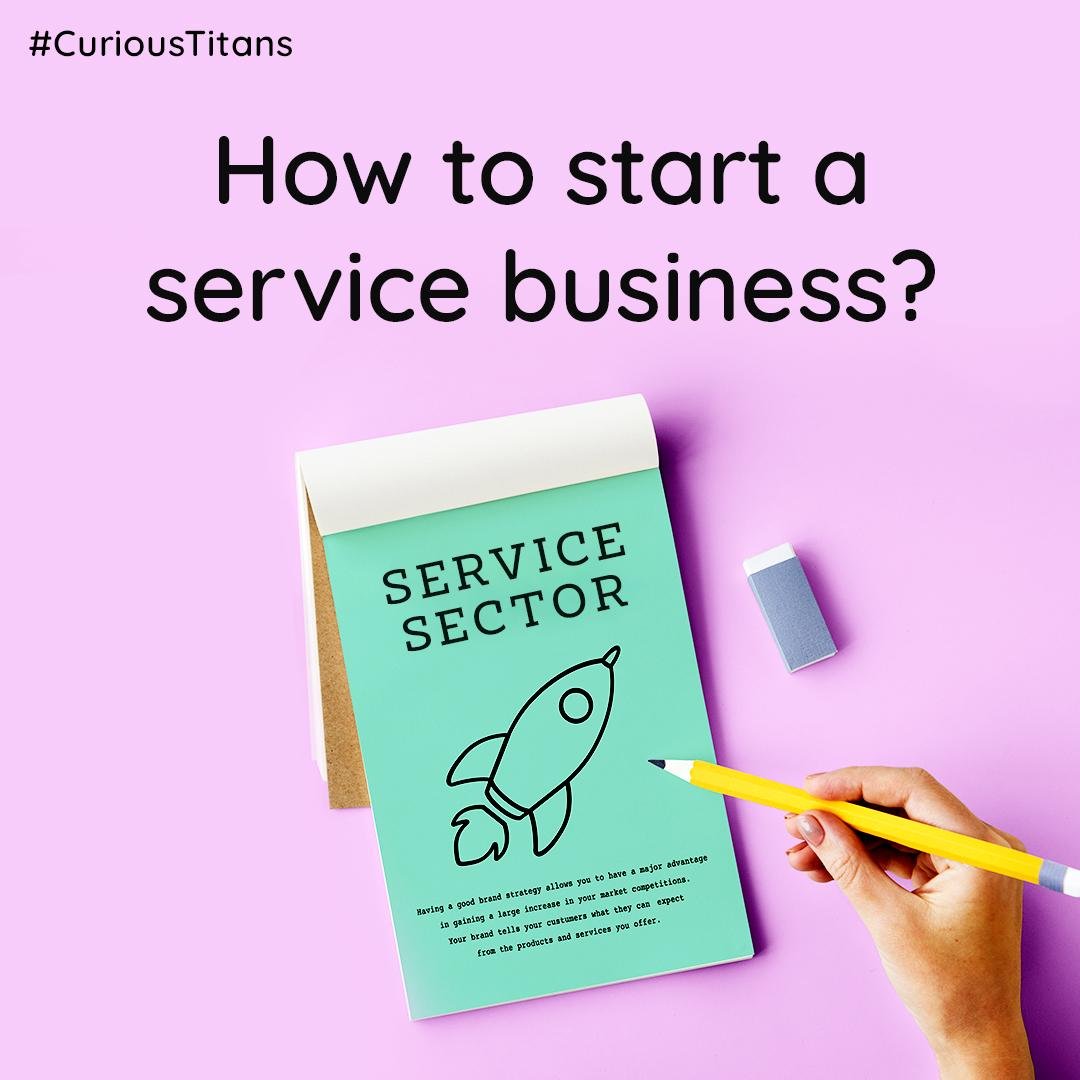Essentials of starting a service business
Listen on Spotify & Apple podcast
Many start-ups received financial funding in the last few years. Product companies mushroomed and took flight quickly, backed by heavy investments. Several millions of funding exchanged hands and ‘unicorn’ became the buzzword.
Oddly enough, in the last 6-8 months of 2022, the situation saw a complete reversal. Investments in product companies and start-ups have started drying up.
There are talks of ‘floor recession’ in the US. Economists warn of a shallow recession that will impact several countries.
Venture capital firms clarified that funding will slow down and will be reduced by a big margin. Less funding implies greater competition to acquire funds. This means businesses would have to firm up their products and solutions and show real value before they receive funding.
But service businesses are different, most are bootstrapped and don’t require huge funding to start with.
Services industry
A services company performs operations that benefit consumers, clients, businesses, or the broader public, in addition to giving them intangible goods or services. Unlike, say, manufacturing and production businesses, service companies do not rely on the sale of tangible commodities and products to make a profit. Their business model involves offering services, such as consumer assistance, consulting, maintenance and repair, education, etc. The food industry, hospitality, and travel belong to the services sector. Nickelfox, too, is a software services company offering design, development, and staff augmentation services.
Productization of services has also become very common. The business models of Edtech companies like Byjus and Whitehat Junior are a common example of the productization of service. They have created a product that they offer as a service. But in this article, I will talk about the services sector only.
How to start off in the Services sector?
Someone recently asked me for advice on how to start a business in the hospitality industry. Their plan was to quit their jobs and start a restaurant in their vicinity. On the surface, this seemed like a fine idea. However, there are some important things that are best NOT overlooked while working on a start-up in the services sector.
1. Build your reputation
You need a reputation as someone who can serve and deliver. People often do not acknowledge the importance of building a reputation or crafting a personal brand. A good reputation can add to the potential of the business while building trust in the service. It’s a plus if you can build your reputation as some who has domain knowledge. Any action you take in your domain and share it with people will add to your reputation.
Once the day-to-day running of the business starts, you cannot immediately build your reputation. It just takes time.
2. Learn operations at small scale
Starting a business is not rocket science. But sustaining it and garnering growth takes time and consistent effort. Once you are full-time in a new business, the finite amount of cash you have starts to bleed mostly due to operational tasks like getting clients, maintaining the quality of service, logistics, supply chain, etc. If the initial sales are not up to your expectation, it starts taking a toll on the operations costs. And you are in a fix to keep investing huge sums in marketing and brand building while also managing the day-to-day operations.
If you learn to operate your business on a small scale, you can anticipate and even avoid possible pitfalls along the road. It would be a great advantage if you already have domain knowledge or experience of the operational aspects.
One must also be willing to experiment and listen to customers, especially in the initial stage. A passage in The Go-Giver reads, ‘Your true value is determined by how much more you give in value than you take in payment’. The ‘value’ you create for your clients should delight them so much that they are eager to repeat the business over and over. And spread the word about you.
How we started Nickelfox
Around the early 2010s, there was a boom in the software and mobile app industry. The demand for apps and mobile websites was on an increase.
With 4-5 years of experience in developing Apple and Android apps, we (the founders) took up small freelancing projects for our friends, alongside our steady jobs. Over the months, we kept delivering more and more projects and gained a reputation for delivering quality and on time. We partnered with some start-ups that got funded quickly. This propelled our reputation beyond our friends’ circle. It was our clients who insisted that we expand our services and include new offerings. That was when we finally decided to give up our jobs and build a team of experts to deliver holistic IT solutions.
It takes time, effort and consistency
A recent report by the Start-up Genome project mentioned that only one in twelve entrepreneurs succeed. While we know many success stories in businesses, but the fact remains, that starting a new business is risky.
Therefore, reputation building is imperative, before a full-fledged launch. Starting a business might be easy but sustaining it depends a lot on reputation building. Organic reputation building is the best way to go. It takes time and consistency in efforts to build trust and gain a reputation.
To put it very simply for those operating in the services sector, you may –
-
Build your reputation
-
Start operations at a small scale/learn how to deliver small
These points may seem oversimplified. But this is the crux of how we started Nickelfox. By starting small, we could keep learning operations while building our reputation. Networking, attending public events, and using social media to the fullest – are a part of our game. Blogging about the work we do, and how we do it, and creating a brand by putting ourselves out there has helped us establish trust among our clients
If you are working in the travel segment, create a page, start posting your past experiences, and volunteer to plan trips for your friends.
If you are looking to start a food business. Go ahead and take your cooked dish to a friend’s party. Start small dine-outs in a close group. Experiment in small food festivals, post recipes, show your love for food. Hand deliver food to nearby places.
Once you start operating at this small scale, you will accumulate an audience (a potential customer base) who recognizes you as some who loves to travel or someone who loves to cook. When you finally start up, and business operations take most of your time, you would not have to worry about building a reputation and brand. As you already garnered some love from people.
Go ahead and first build your reputation, while learning operations and nuances of the business. A customer who will pay for your services will essentially trust you for an experience or value. In the end “What is a service business” other than “People believing in People”.
#BusinessTips





